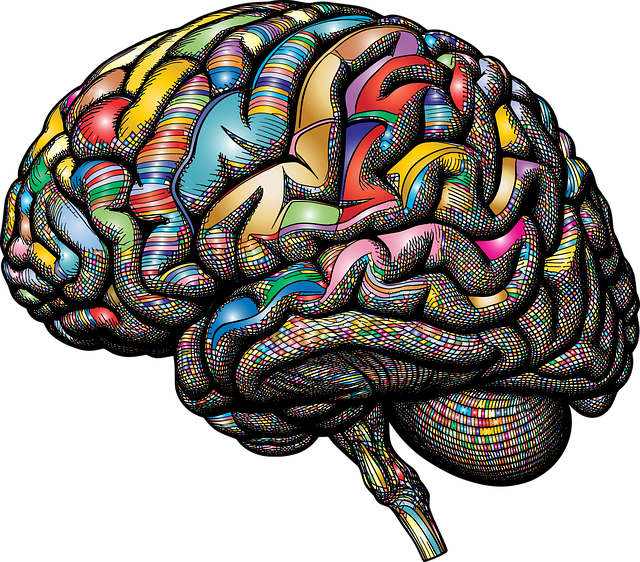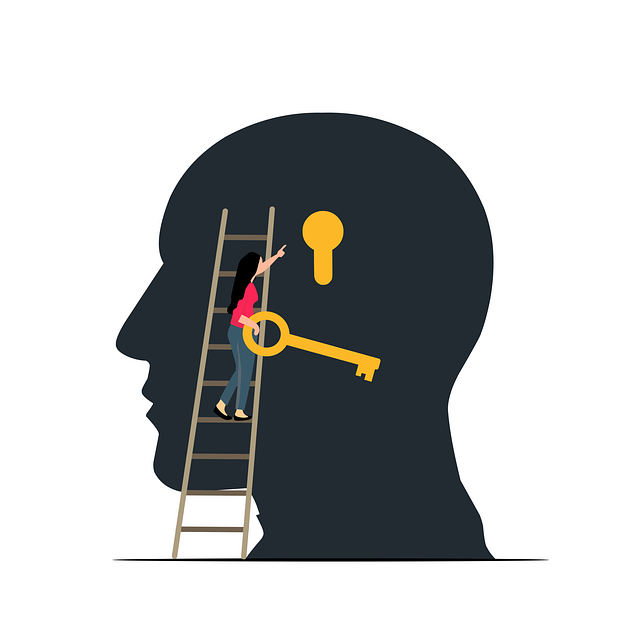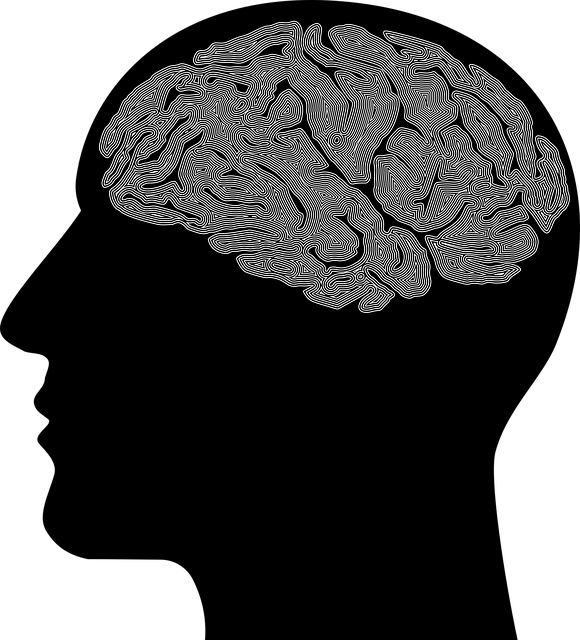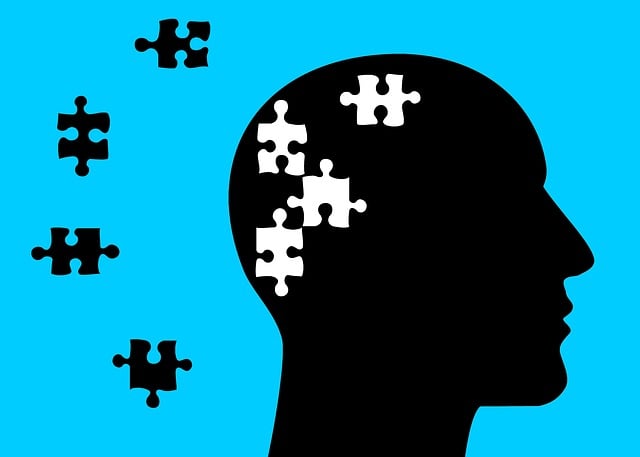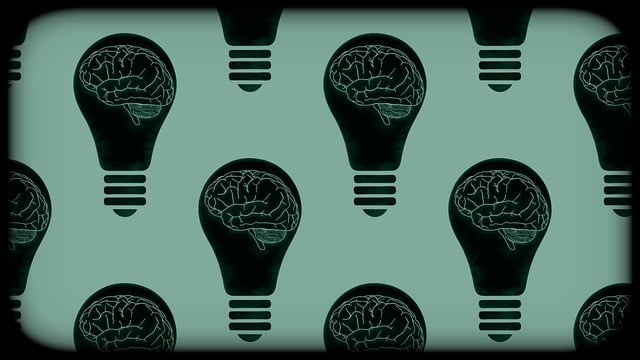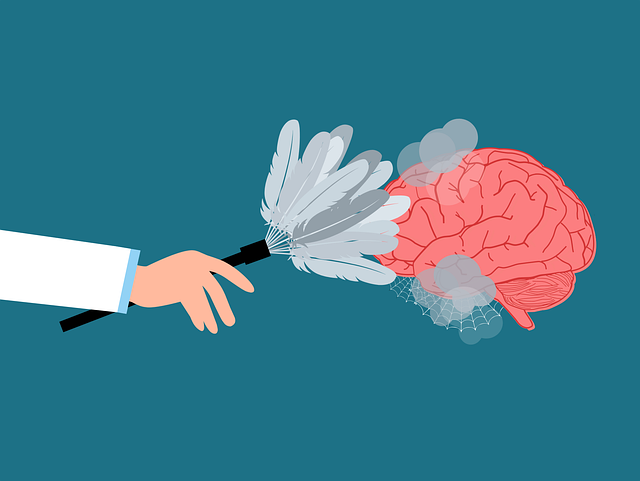Mental illness representation in media is crucial as it significantly shapes public understanding. Stereotyped and inaccurate portrayals lead to misinformation. To rectify this, media platforms should collaborate with mental health professionals and individuals living with conditions, such as those offered by Northglenn Independent Medical Evaluations Therapy, to depict authentic experiences. Real-life narratives foster empathy, promote positive discussions on mental wellness, challenge traditional norms, and offer a more nuanced understanding of mental illness.
In an era where media plays a pivotal role in shaping societal perceptions, accurate representation of mental illness is more crucial than ever. This article delves into the complexities of mental health portrayal in media and explores strategies for improvement. We examine the significance of professional evaluations, such as those offered by Northglenn Independent Medical Evaluations & Therapy, in ensuring factual and sensitive depictions. By addressing challenges and promoting responsible storytelling, we aim to foster a more informed and compassionate public understanding of mental illness.
- Understanding Mental Illness Representation in Media
- The Role of Northglenn Independent Medical Evaluations and Therapy
- Challenges and Solutions for Accurate Depictions in the Media
Understanding Mental Illness Representation in Media

Mental illness representation in media has long been a topic of discussion and criticism. The way mental health conditions are portrayed can significantly impact public understanding and perception. Media platforms, including television, film, and social media, play a crucial role in shaping societal attitudes towards mental illness. Often, these representations are stereotypes or lack depth, leading to misinformation. For instance, depicting characters with severe depression as solely sad or hopeless reinforces negative connotations without showcasing the complexity of the condition.
Addressing this challenge requires a conscious effort to depict mental health issues authentically. This involves working closely with mental health professionals and individuals living with these conditions (Northglenn Independent Medical Evaluations Therapy). By incorporating real-life experiences into narratives, media can foster empathy and promote positive discussions around mental wellness. Encouraging the development of inner strength and resilience through stories of perseverance is another effective strategy (Inner Strength Development). Portraying characters who embrace their diagnoses and demonstrate positive thinking can challenge traditional norms and offer a more nuanced understanding of mental illness.
The Role of Northglenn Independent Medical Evaluations and Therapy

Northglenn Independent Medical Evaluations and Therapy play a pivotal role in addressing mental illness representation in media by providing unbiased assessments and evidence-based treatments. These evaluations, conducted by qualified professionals, offer a nuanced understanding of individuals’ psychological well-being, helping to dispel stereotypes often portrayed in the media. By integrating Cultural Sensitivity in Mental Healthcare Practice, therapists can create safe spaces that honor diverse backgrounds, ensuring effective stress reduction methods tailored to each client’s unique needs.
Furthermore, Northglenn Independent Medical Evaluations and Therapy focus on anxiety relief as a core component of their practice. They employ various techniques, from cognitive-behavioral therapy to mindfulness practices, to empower individuals in managing their mental health effectively. This holistic approach not only challenges negative media representations but also promotes accurate education about mental illness, fostering a more compassionate and informed society.
Challenges and Solutions for Accurate Depictions in the Media

The media plays a pivotal role in shaping public perceptions about mental illness, making accurate representations crucial for fostering understanding and compassion. However, challenges such as stereotyping, lack of diversity in narratives, and misinformed portrayals persist, often hindering the development of public awareness campaigns. To combat this, the integration of professional medical insights during production can significantly enhance authenticity. This includes consulting with mental health experts, incorporating Northglenn independent medical evaluations, and integrating therapy sessions into scripts to ensure a nuanced understanding of various conditions.
Promoting mental wellness through media requires a multi-faceted approach. The development of Mental Wellness Podcast Series can offer personal stories, interviews with professionals, and discussions on coping strategies. Such initiatives contribute to breaking down barriers by normalizing conversations around mental health. Encouraging Inner Strength Development through these platforms empowers individuals to seek help and supports the growth of a more empathetic society, where accurate media representations play a pivotal role in shaping positive change.
In conclusion, improving mental illness representation in media is a multifaceted challenge. By fostering collaborations with professionals like those offered by Northglenn Independent Medical Evaluations and Therapy, and implementing strategies to ensure accurate and nuanced depictions, we can create a more empathetic and informed society. This collective effort is essential to challenging stereotypes and providing better support for individuals dealing with mental health issues.
